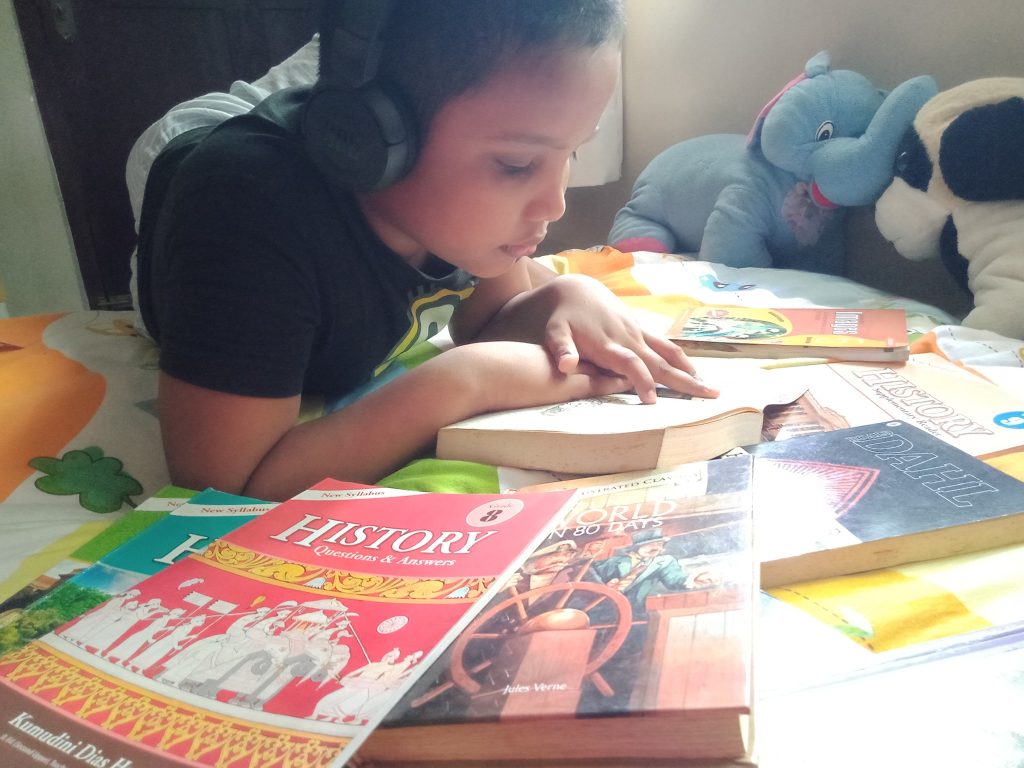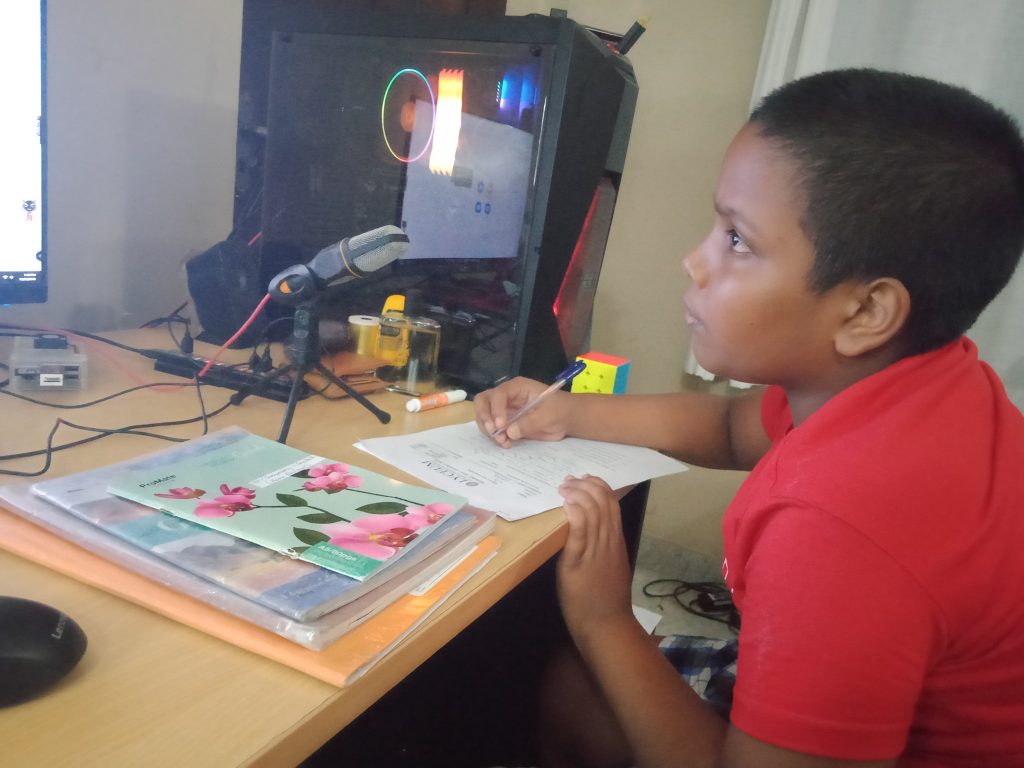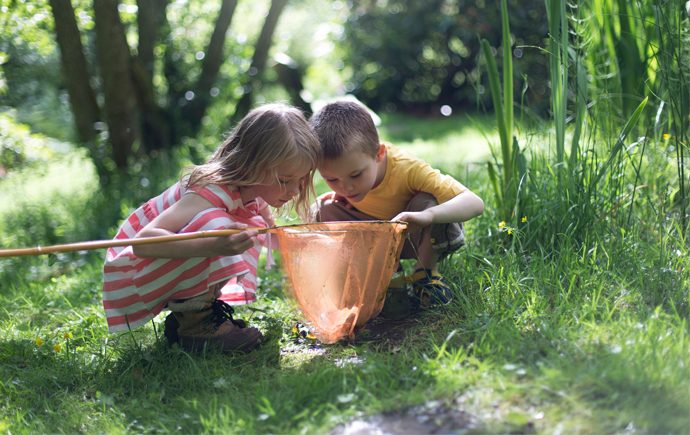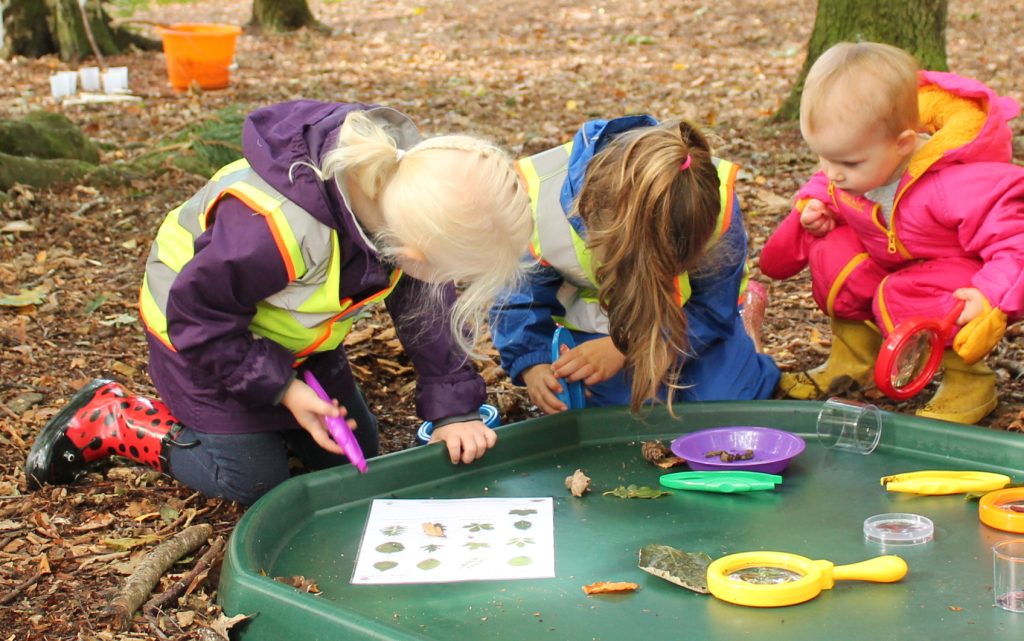
As parents, We have had the privilege of watching our son grow and develop into the young reader he is today. From a young age, he showed a love for books, captivated by the magic of Harry Potter, the adventure of Star Wars, and the mystery of Sherlock Holmes. He spent countless hours lost in the pages of these books, imagining the characters and events, and building his vocabulary and imagination. Today, he continues to read, exploring different genres and authors, and expanding his knowledge and understanding of the world.

This is our son’s story, but it is also a story that is shared by countless other children around the world. Encouraging a love for reading in children is an important task for parents and caregivers, as research has shown that reading to children from an early age can have a profound impact on their development. Reading not only improves children’s language skills and vocabulary but also helps to build their imagination and empathy, making it a key ingredient in helping children develop into well-rounded, successful adults.
So, how did we encourage a love for reading in my son? Here are a few tips that I found helpful:
- Lead by example: Children often emulate the behaviour of those around them, so if you want your child to love reading, make sure they see you reading as well. We make sure to let our son see us reading for pleasure, whether it was a book, a magazine, or even a newspaper.
- Read together: Reading together was a great way to bond with our son and encourage his love for books. We took turns reading aloud, asked questions about the story, and discussed the characters and events.
- Encourage exploration: We encouraged our son to explore different genres and types of books, from fiction to non-fiction, picture books to graphic novels. The more exposure he had to different types of books, the more likely he was to find something he loved.
- Make it fun: We made reading a fun and enjoyable activity for our son by incorporating it into our daily routine. We set aside specific times for reading and made it a part of his bedtime routine.
- Celebrate achievements: When our son finished a book, we celebrated his accomplishment! We talked about what he liked and didn’t like, and helped him pick out his next book.

In conclusion, our son’s love for reading is a testament to the power of encouragement and support. By following the tips outlined above, you too can help your child develop a lifelong love of books and learning.










